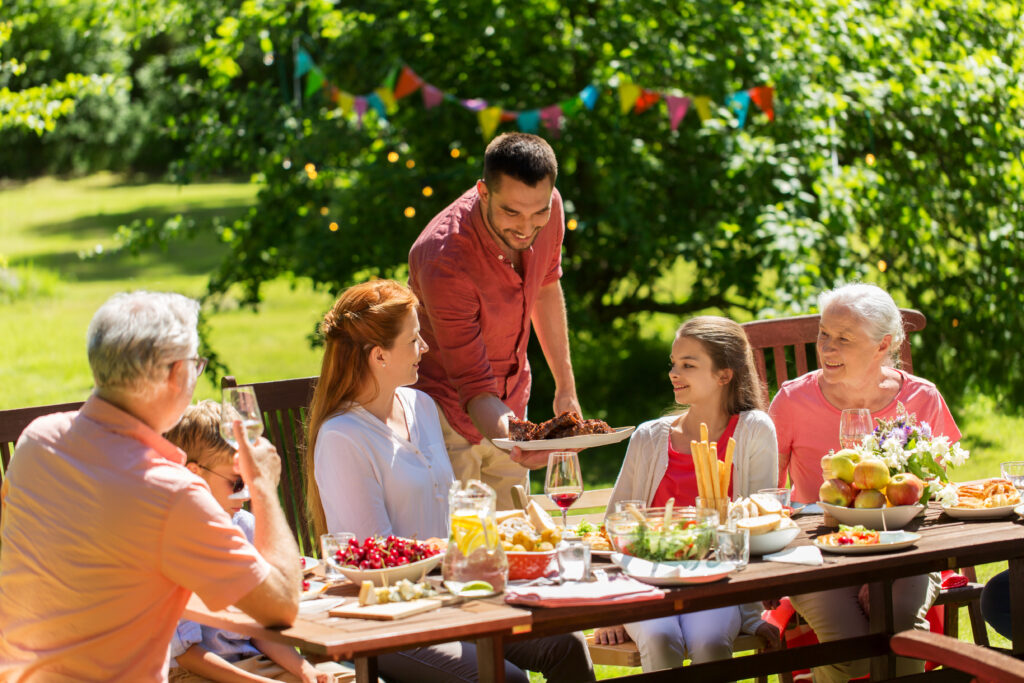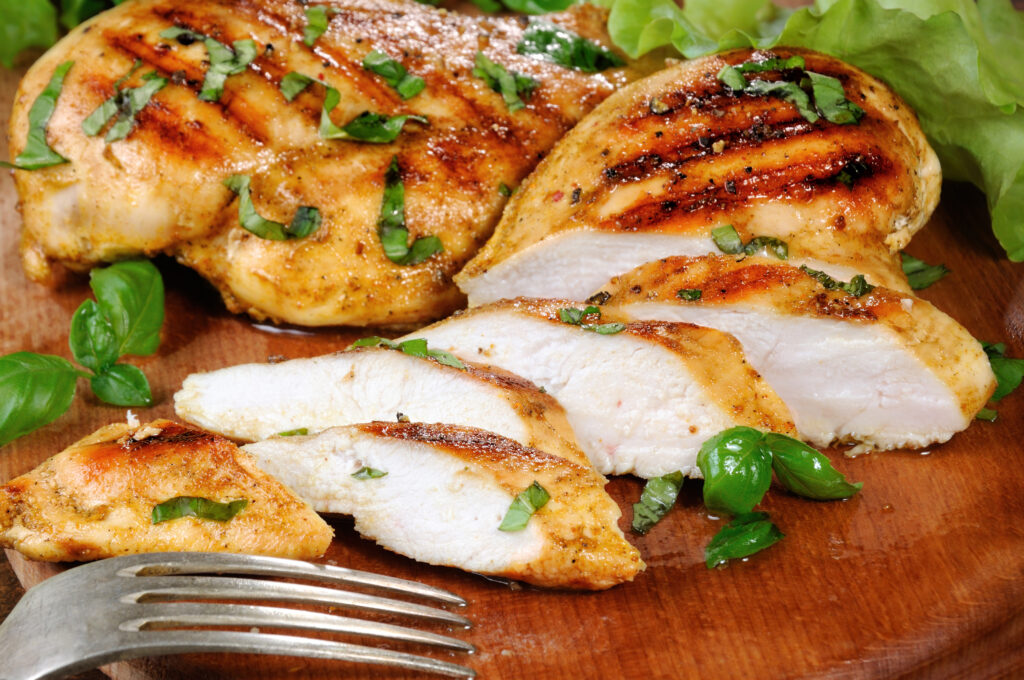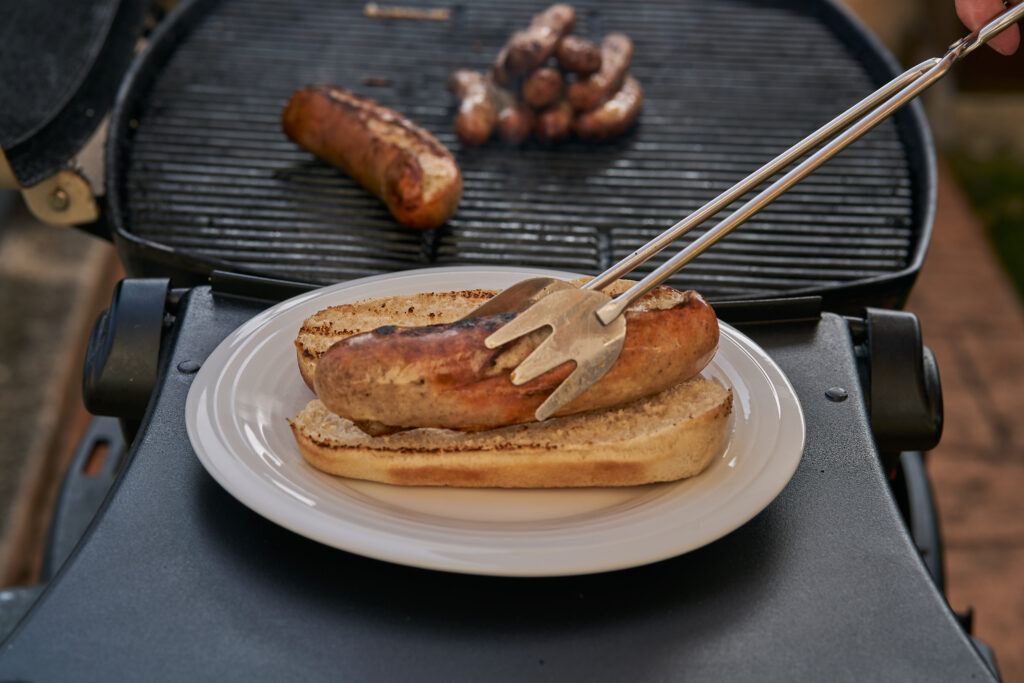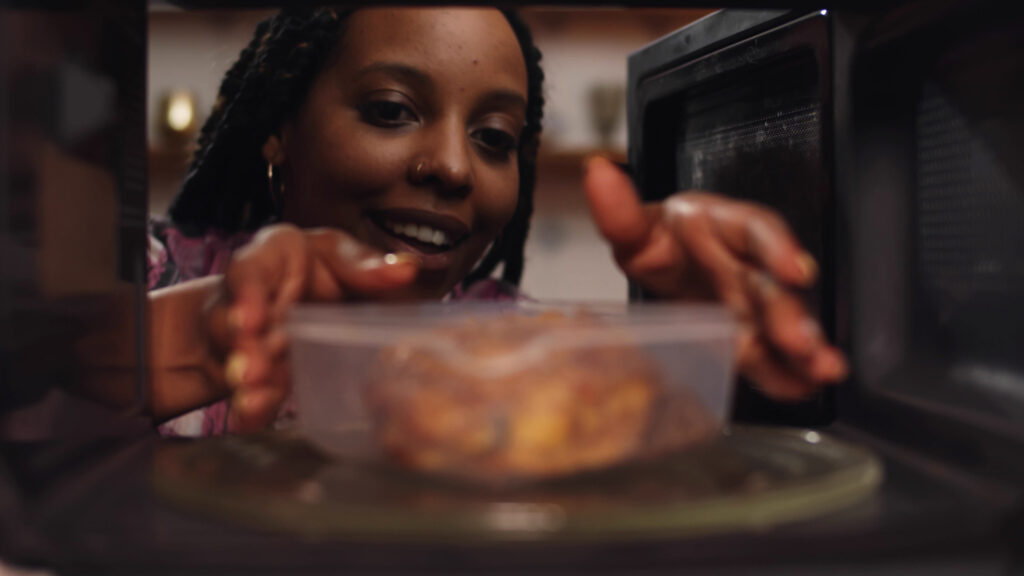Make Sure Food Poisoning Doesn’t Spoil Your BBQ
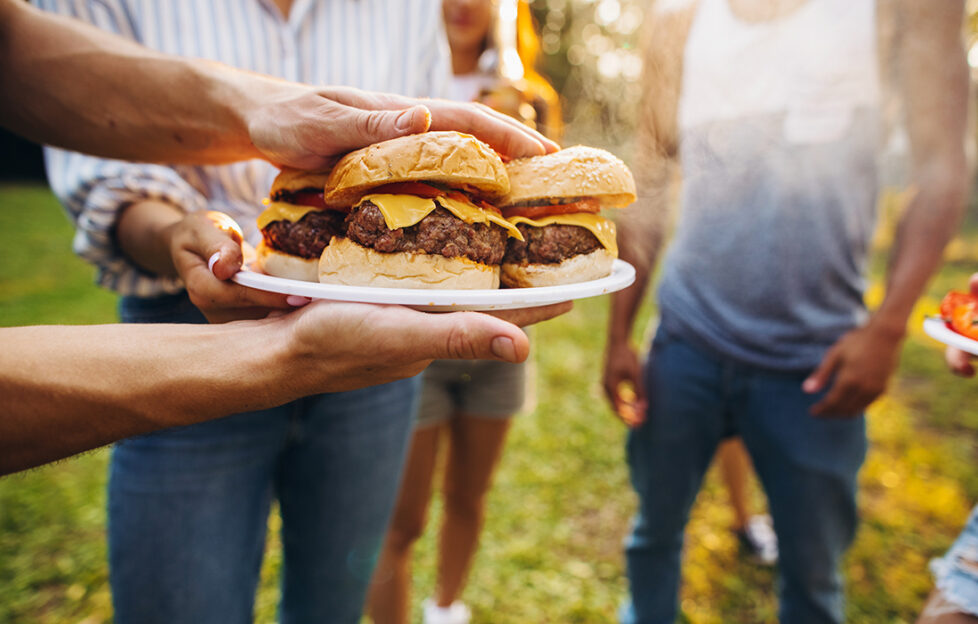
When it comes to food safety, attention tends to focus on avoiding cross contamination and ensuring meat is cooked thoroughly. But do you know the rules when it comes to cooling leftovers?
Warm weather and eating outdoors can leave those BBQing at risk of severe food poisoning caused by bacteria including salmonella, listeria, E. coli and campylobacter.
To ensure a healthy summer, here are five rules for BBQ leftovers:
1 Cool cooked foods at room temperature
All food should be cooled to room temperature before being stored in the fridge. Placing large batches of hot food in the fridge can raise the fridge temperature to dangerous levels at which bacterial growth can multiply.
2 Place in fridge within one to hours
If left out on a warm day, leftovers may reach the ‘Danger Zone’. This is a term used in food safety to refer to temperatures between 8°C and 60°C. Fridges should be kept safely below this temperature at a maximum of 4°C.
3 Take food inside as soon as possible
All leftover food should be taken inside as soon as possible. Leaving it in the sun can allow bacteria to breed, and risks contamination from insects and other animals.
4 Consume leftovers within 48 hours
The Food Standards Agency recommend that BBQ leftovers are consumed within 48 hours. While we should all try to avoid food waste, this should never come at the risk of your health.
5 Only reheat leftovers once
If you choose to reheat anything like burgers, sausages, or any other meat, make sure you only do this once. The more times you cool and reheat food, the higher the risk of food poisoning becomes as bacteria can multiply rapidly.

